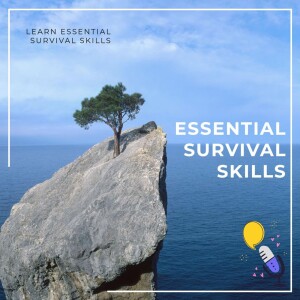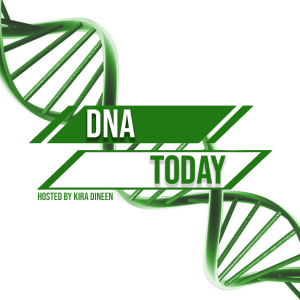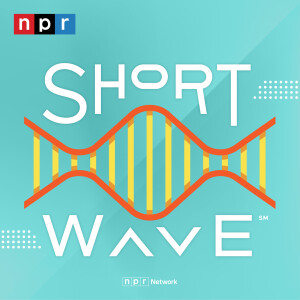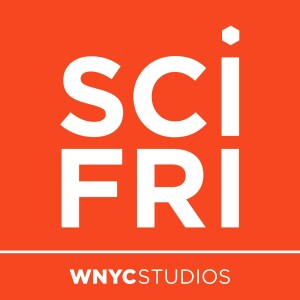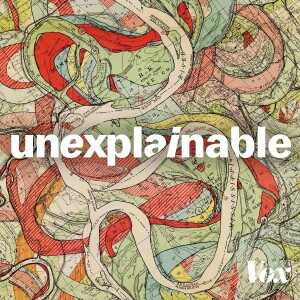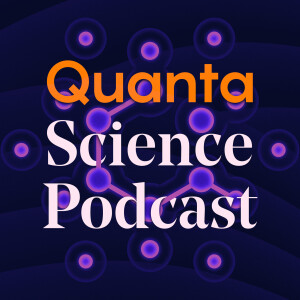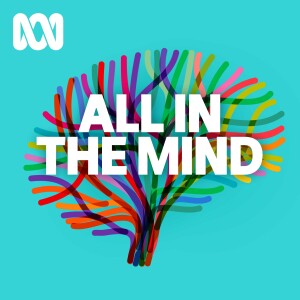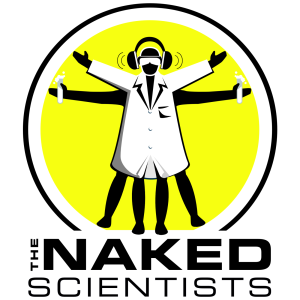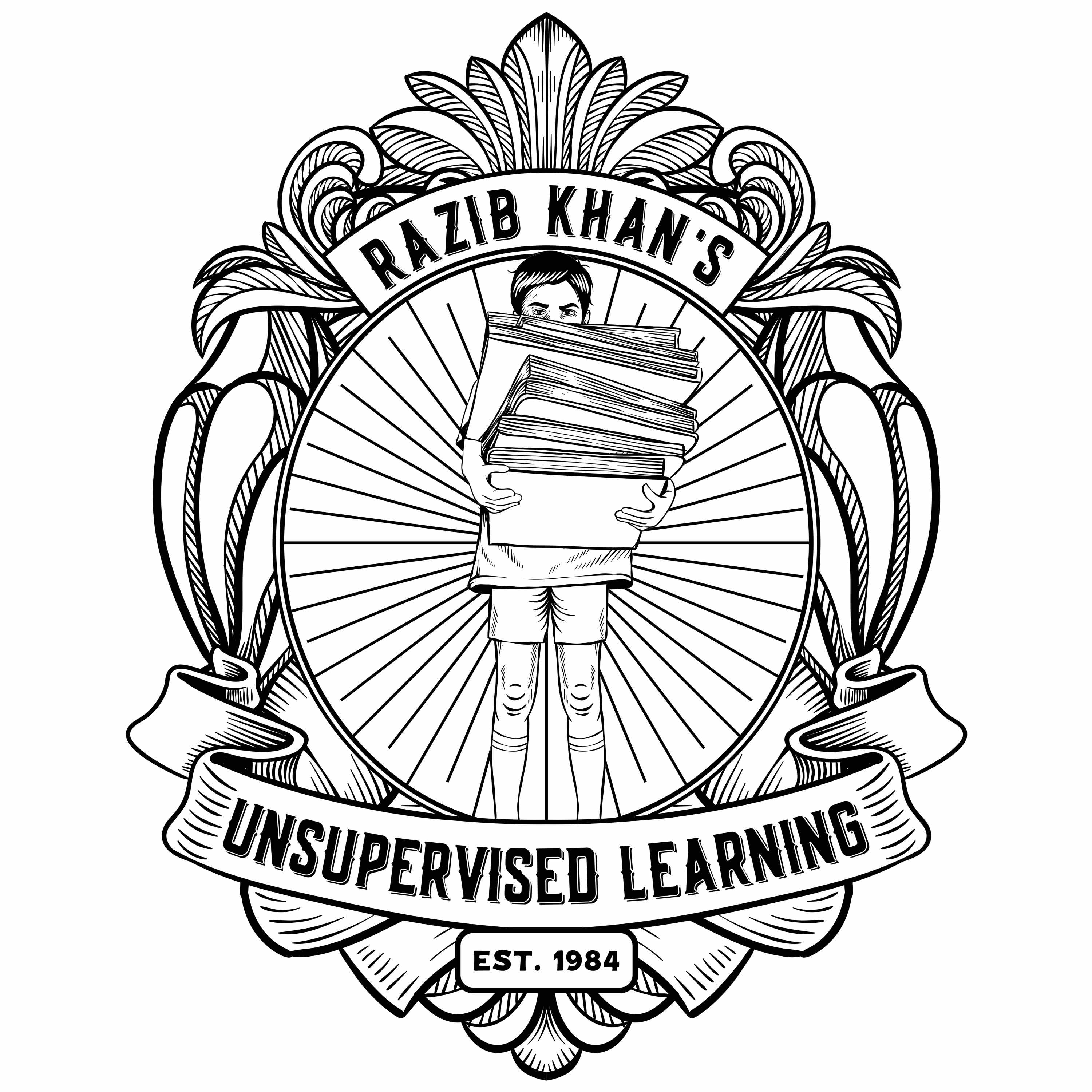

Razib Khan's Unsupervised Learning (private feed for dxbarr@zohomail.com)
https://api.substack.com/feed/podcast/94899/private/1e8a2595-ff73-422a-b953-40cad4976445.rssEpisode List
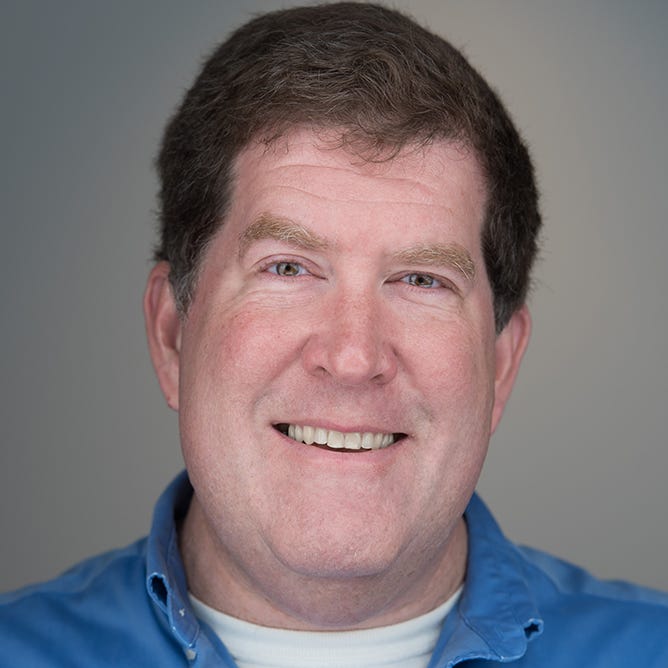
Chad Orzel: the state of physics and academia in 2025
This is a free preview of a paid episode. To hear more, visit www.razibkhan.comChad Orzel is a physicist and science writer who has been blogging for nearly twenty-five years. He’s the author of four books, Breakfast with Einstein: The Exotic Physics of Everyday Objects, How to Teach Quantum Physics to Your Dog, How to Teach Relativity to Your Dog, Eureka: Discovering Your Inner Scientist and A Brief History of Timekeeping. The last is a mix of cultural and engineering history, archeology and physics, and reflects Orzel’s wide interests as reflected in his Substack, Counting Atoms.In this episode of Unsupervised Learning Razib surveys the state of physics communication and science, as well as our broader culture’s relationship with academia. Orzel and Razib first discuss the massive success of physicist-turned-YouTuber Sabine Hossenfelder. Emerging from academic physics and associated with Lee Smolin and the Perimeter Institute, Hossenfelder has shifted from skepticism of mainstream theories like string theory to arguing that academic science as a whole must be restructured. Orzel also notes that contrarian or heterodox views in popular areas such as astrophysics and particle physics receive much more attention than applied fields like solid-state physics. Razib and Orzel reflect on how science communication has changed over the past two decades, moving from the text-driven blog era before 2010 to the rise of podcasts and video. They also discuss the many technological applications of physics in the 21st century, particularly in battery technology, an area that is transforming daily life but rarely serves as fodder for glossy popular-press treatments.In the second half of the podcast, Orzel considers how science, and academia more broadly, have navigated the adversarial stance of the Trump administration. Razib asks whether institutional science, shaped in the post–World War II era, may be due for a major transformation, or whether it is even approaching the end of its line. Finally, Orzel addresses whether academics can regain broad public trust in the wake of the extreme politicization of the 2010s.
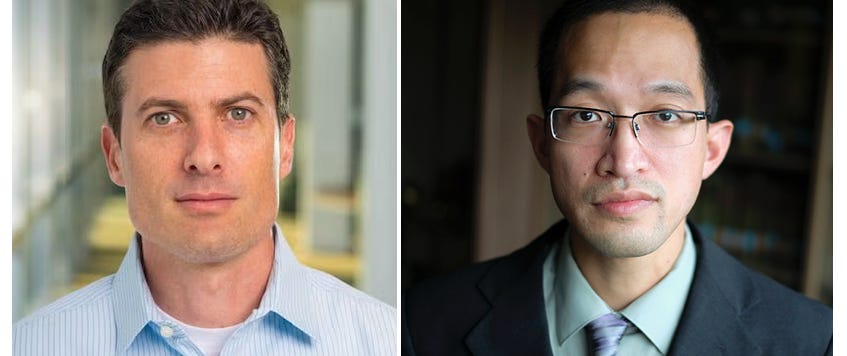
Jonathan Anomaly and James Lee: is eugenics in our future?
Recently, the new embryo-selection start-up Herasight has been in the news, finally coming out of stealth. Part of the buzz is because of the public involvement of well-known geneticists and academics like Alex Young and Joe Pickrell in Herasight’s algorithm development. Additionally, Noor Siddiqi, the CEO of Orchid, a competitor to Herasight (and onetime advertiser on this podcast), was a guest on Ross Douthat’s show Interesting Times, triggering another round of conversations around embryo-selection, including in The Wall Street Journal and Breaking Points. To hash out some opposing viewpoints, Unsupervised Learning decided to bring on two guests that stake out very different positions, Dr. James Lee, a psychometrician and behavior geneticist at the University of Minnesota, and Dr. Jonathan Anomaly, a philosopher and Herasight’s sales lead. Lee has been on the record with his skepticism of reproductive technology, writing an op-ed in The Wall Street Journal four years ago warning against the consequences of polygenic embryo selection. Meanwhile, Anomaly’s last book was Creating Future People: The Science and Ethics of Genetic Enhancement, where he advances the idea that such technologies will unlock human potential. This is a public episode. If you'd like to discuss this with other subscribers or get access to bonus episodes, visit www.razibkhan.com/subscribe
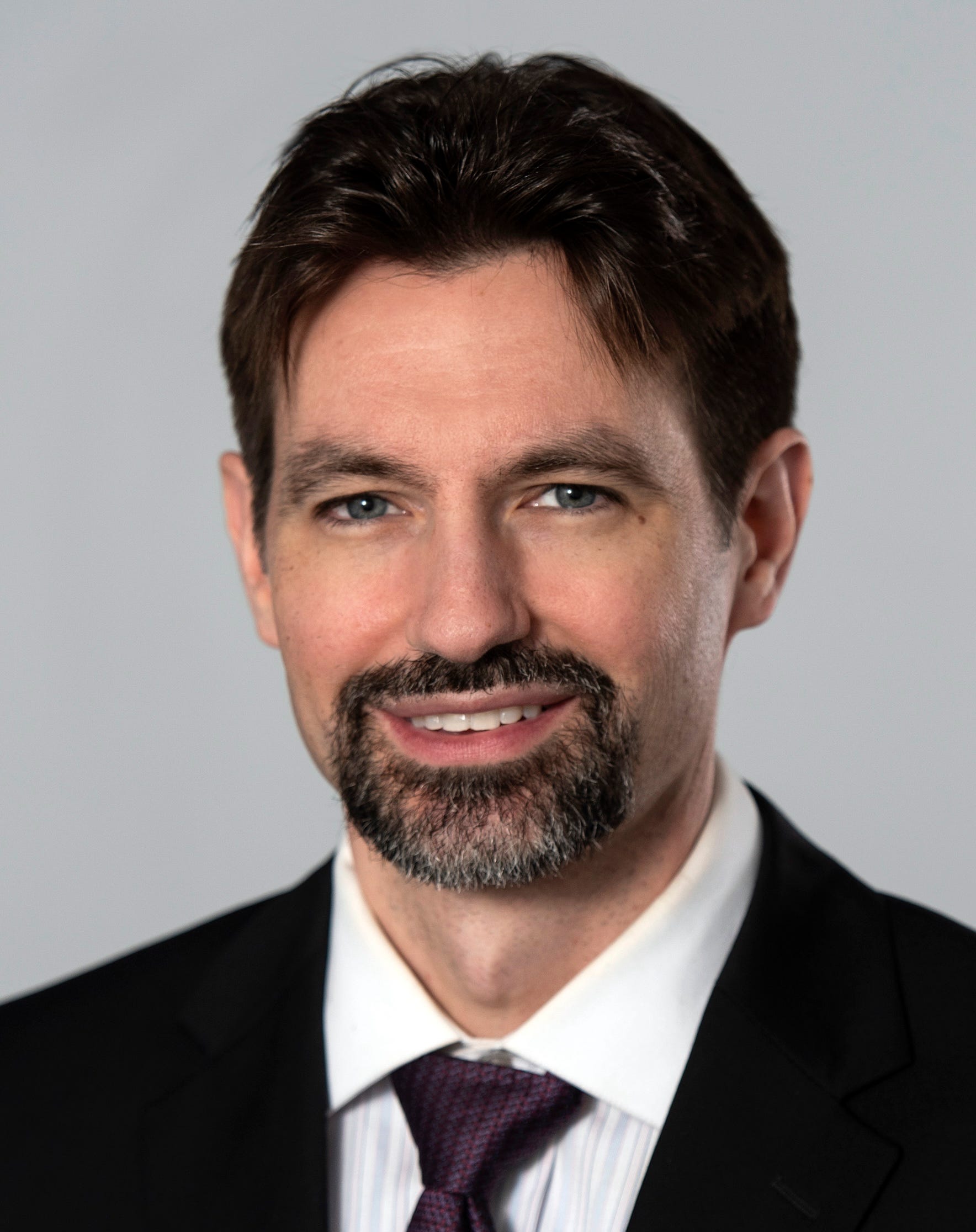
Jason Richwine: immigration moratorium now
This is a free preview of a paid episode. To hear more, visit www.razibkhan.comOn last week’s episode of Unsupervised Learning, Razib spoke with Alex Nowrestah, a vice president at the Cato Institute and a strong advocate for expanding legal immigration. This week, he turned to the other side of the debate with Jason Richwhine, a resident scholar at the Center for Immigration Studies and a vocal supporter of sharply reducing immigration.Richwine earned undergraduate degrees in mathematics and political science from American University, and later a Ph.D. in public policy from Harvard. Before joining CIS, he served as deputy director of the National Institute of Standards and Technology and worked as a senior policy analyst at the Heritage Foundation.The conversation begins with an overview of the dramatic swings in U.S. immigration policy under Biden and Trump. Both note the surge of the foreign-born population in the early 2020s, with the unauthorized share now estimated at 15-16 million. Richwine faults Biden for lax border enforcement and the abuse of parole programs, and points to the comparative effectiveness of Trump’s Remain in Mexico policy. He also presses the case for a moratorium, arguing that even legal immigration must be scaled back to sustainable levels. Razib and Richwine weigh the economic and cultural consequences of high-skilled immigration and close by considering whether meaningful reform is politically possible in the years ahead.
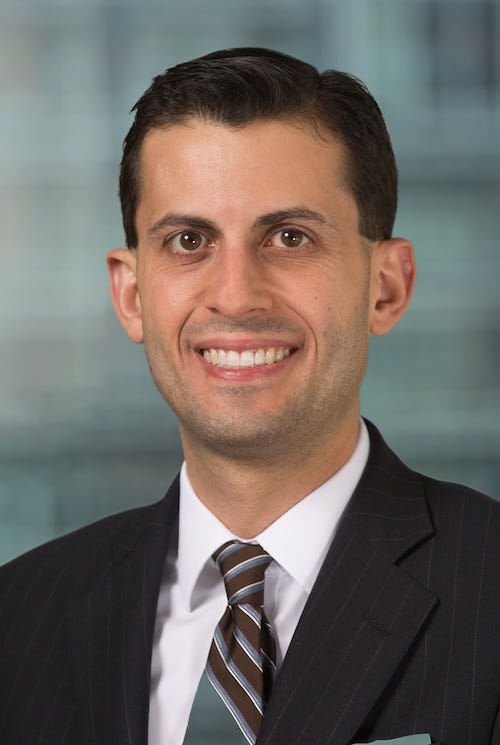
Alex Nowrasteh: an immigration libertarian in Trump's America
This is a free preview of a paid episode. To hear more, visit www.razibkhan.comThree years ago, Razib recorded two podcasts with two immigration experts on different sides of the issue, Alex Nowrestah and Jason Richwhine. While Nowrasteh, who works for the libertarian Cato Institute as Vice President for Economic and Social Policy Studies, supports higher levels of legal immigration, Richwine, a Resident Scholar at the Center for Immigration Studies (CIS), favors lower levels of inflows into the US. The initial pair of podcasts was recorded in the midst of the massive increase in immigration that occurred after the loosening of the pandemic-era controls, resulting in the highest proportion of the foreign-born since the turn of the 20th century. Though the Biden administration tightened controls in its last year, the swell of illegal immigration resulted in a backlash that fueled the re-election of Donald Trump to the presidency and a turn in policy toward restriction. Recently, Razib recorded two conversations with Nowrestah and Richwine, revisiting the topic in 2025, and after three years of policy shifts.Today, Razib talks to Nowrasteh about the record of the Biden administration, the pivot occurring in the first year of the Trump administration, and where he sees the Republicans going in the future. Nowrasteh addresses the reality that the Democratic administration's lack of interest in controlling illegal flows resulted in anger and frustration at migration in general, and emphasizes the importance of borders and rules in allowing for legal immigration. Razib and Nowrasteh also discuss the controversy over H1-Bs, the role that skilled immigration plays in buttressing American power, and the conflicts on the Right regarding how immigration policy relates to geopolitics. They also explore the relationship between immigration and population, and how both connect to urban policy and economic growth.Next week, Razib will post his episode with Jason Richwine.
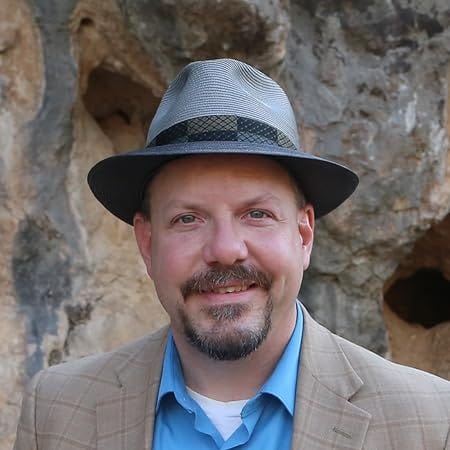
John Hawks: varieties of humankind all mixed-up
This is a free preview of a paid episode. To hear more, visit www.razibkhan.comToday on Unsupervised Learning, Razib talks to John Hawks, a paleoanthropologist who has been a researcher and commentator in human evolutionary biology and paleoanthropology for over two decades. With a widely read weblog (now on Substack), a book on Homo naledi, and highly cited scientific papers, Hawks is an essential voice in understanding the origins of our species. He graduated from Kansas State University in 1994 with degrees in French, English, and Anthropology, and received both his M.A. and Ph.D. in Anthropology from the University of Michigan, where he studied under Milford Wolpoff. He is currently working on a textbook on the origins of modern humans in their evolutionary context. Hawks has already been a guest on Unsupervised Learning three times.In this episode, Razib and Hawks focus on a very specific question: What were the different contributions to the heritage of modern humans in a world more than 200,000 years ago that was inhabited by at least half a dozen hominin species? First, Hawks takes us back to the year 2000 and his early work extending a more multiregional framework of human evolution, exploring what could be gleaned from the archaeological and paleontological record. Then Razib and Hawks discuss the ancient DNA revolution and the discovery that modern humans had ancestry from Neanderthals, as well as from an entirely new species, the Denisovans. They also examine the fact that, unlike Neanderthals, Denisovans appear to have been separated into very different regional populations that made distinct contributions to various modern populations. Razib also asks Hawks about the discovery of new pygmy human species in Luzon, as well as the current state of research on Homo naledi in South Africa and the Hobbits of Flores. Hawks contends that DNA will likely be extracted from all these lineages at some point and, if not, protein sequence data may be obtained. This would finally give researchers the statistical power to evaluate the possibility of extremely archaic admixture events. Hawks and Razib also address the potential role of natural selection driven by introgressed genes from sister lineages of humans and how this shaped modern variation.
Create Your Podcast In Minutes
- Full-featured podcast site
- Unlimited storage and bandwidth
- Comprehensive podcast stats
- Distribute to Apple Podcasts, Spotify, and more
- Make money with your podcast
